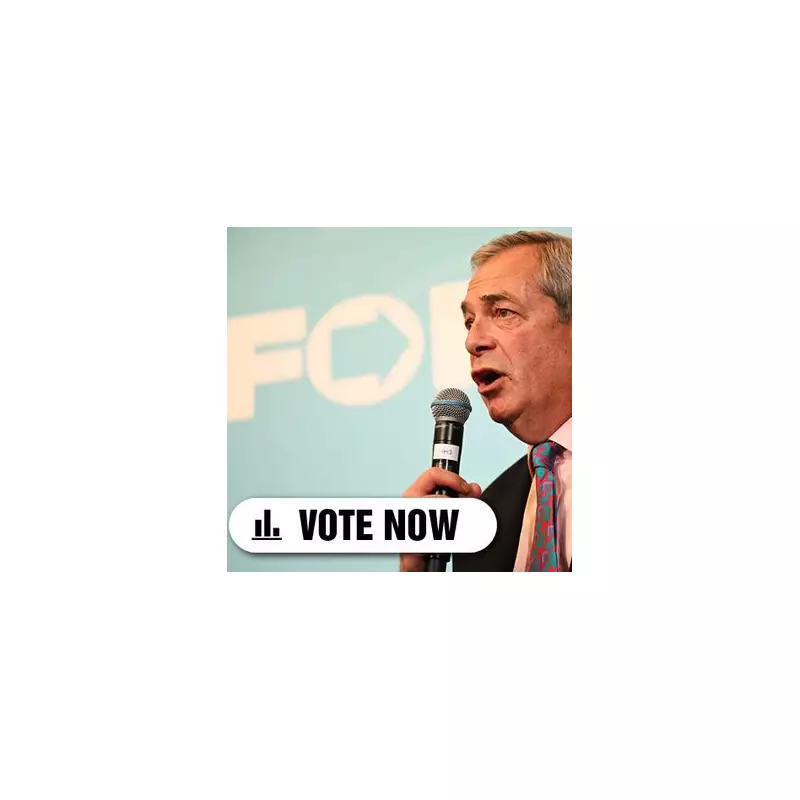
Nigel Farage is embroiled in a major political storm after making incendiary comments that Britain's Muslim population does not subscribe to "British values". The Reform UK honorary president's remarks, made during a fiery campaign speech, have been branded as "dangerous" and "divisive" by opponents who accuse him of deliberately stoking hatred for electoral advantage.
A Calculated Political Strategy?
Political analysts suggest Farage's rhetoric is a deliberate tactic to galvanise his core support base in the run-up to the July 4th poll. By positioning himself against what he labels "the Islamification" of the UK, he echoes the controversial stance of former Tory deputy chairman Lee Anderson, who now serves as a Reform UK MP.
This strategy appears to be paying dividends in some quarters, with Reform UK polling at a formidable 17%, according to recent surveys. However, critics argue this success comes at the terrible cost of social cohesion and community relations.
Cross-Party Condemnation Erupts
The backlash against Farage's comments has been swift and severe from across the political spectrum. Labour's Jonathan Ashworth did not mince words, labelling the remarks "disgraceful" and accusing Farage of peddling hatred purely to secure votes.
Liberal Democrat leader Ed Davey went further, characterising the comments as "dangerous" and holding Farage personally responsible for any rise in hate crimes that may follow. The condemnation highlights how Farage's rhetoric has united rival parties in opposition to his divisive narrative.
Community Leaders Voice Alarm
Beyond Westminster, community leaders have expressed profound alarm at the potential consequences of such high-profile statements. There are genuine fears that positioning British Muslims as outsiders who reject national values could legitimise discrimination and even violence against communities already facing prejudice.
The timing of these comments, during a tense election period, has amplified concerns about their impact on community relations across the country.
The Broader Implications for British Politics
This controversy raises urgent questions about the boundaries of acceptable political discourse in modern Britain. Farage's comments and their reception reflect deeper tensions within the UK's political landscape, where populist rhetoric on immigration and national identity continues to find a receptive audience among certain voter segments.
As the election campaign intensifies, the debate over Farage's strategy and its consequences for social harmony is likely to remain a defining feature of the political conversation, forcing voters to confront difficult questions about the kind of political discourse they wish to endorse.





